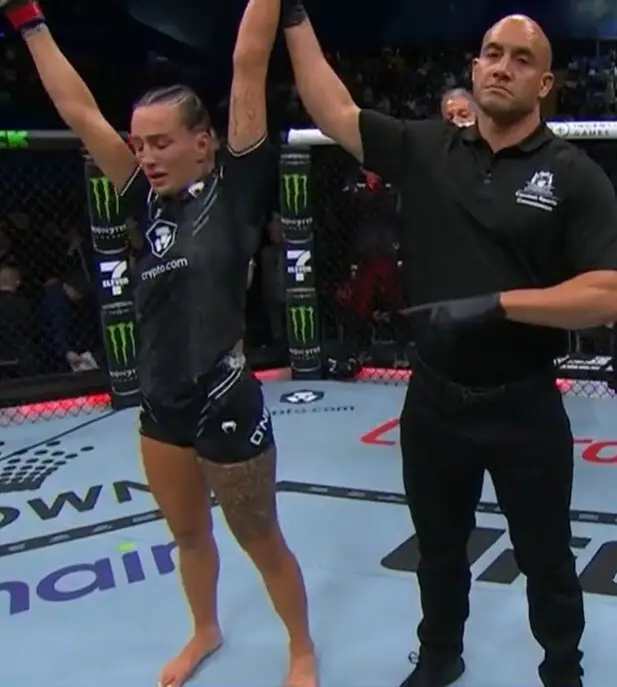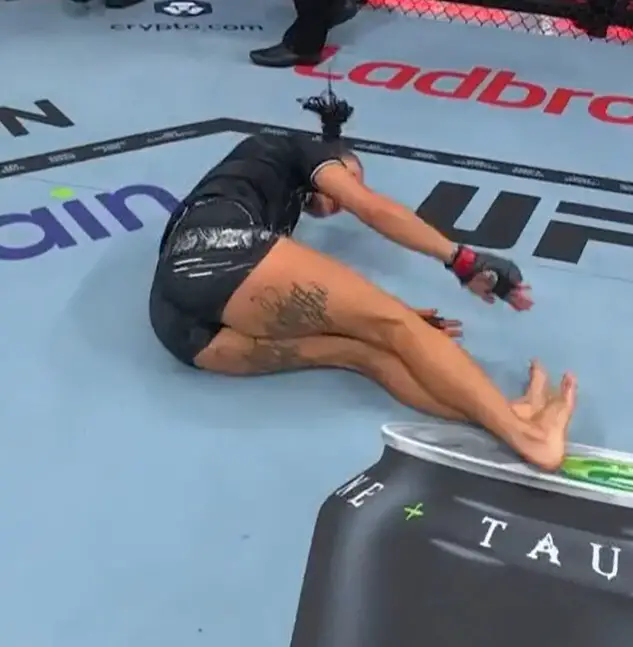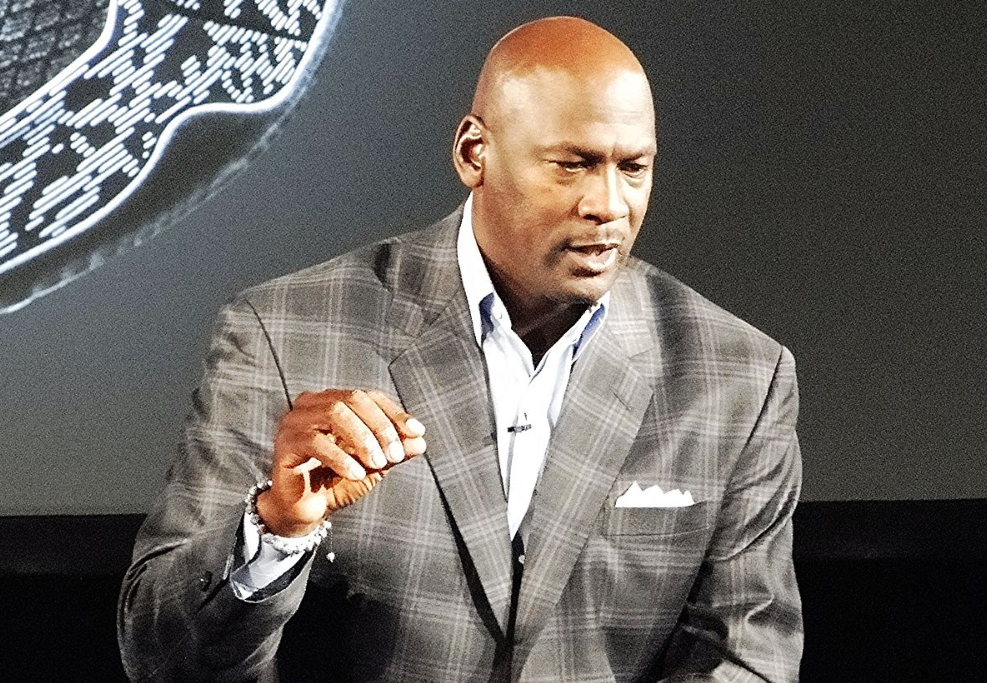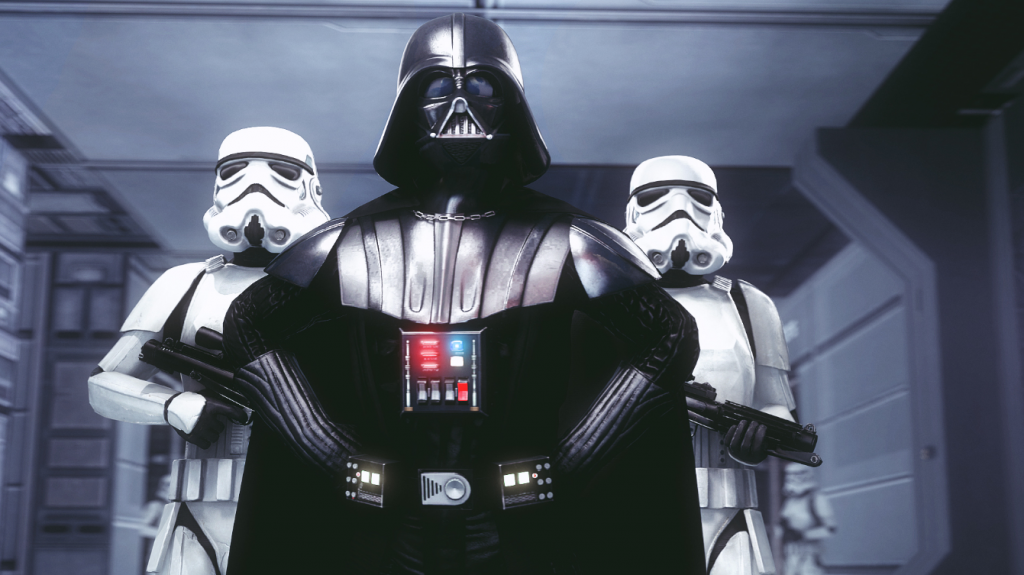UFC fighter Casey O’Neill recently celebrated her victory at UFC 305 in Perth, Australia, by performing a playful but controversial tribute to Rachael “Raygun” Gunn, the Olympian who went viral for her unconventional breakdancing routine at the Paris Olympics. After securing a unanimous decision win against Luana Santos, O’Neill dropped to the mat and mimicked Raygun’s now-infamous dance moves, including her writhing on the floor and a kangaroo hop. The celebration was meant as a light-hearted nod to her fellow Aussie, but it also carried a mocking tone, as O’Neill humorously rated her own dance a perfect “10” and joked about pursuing an Olympic gold medal in breakdancing.
The performance comes at a time when Gunn, despite her viral fame, has been dealing with intense online harassment. The Olympian recently opened up about the toll the trolling has taken on her, describing it as “pretty devastating” and pleading for the abuse to stop. Gunn’s experience highlights the darker side of viral attention, where public scrutiny can quickly turn into relentless criticism, affecting not just the athlete but also their family and friends.

O’Neill’s imitation of Gunn’s dance, while intended as a bit of fun, underscores the complex dynamics of fame in the digital age. Athletes like Gunn, who find themselves suddenly in the spotlight, often face a mixed bag of praise and ridicule. While some might see O’Neill’s antics as a harmless joke, others could view it as contributing to the ongoing mockery that Gunn has been trying to distance herself from.
As for O’Neill’s Olympic dreams, she may have to stick to the octagon, as the International Olympic Committee has confirmed that breakdancing won’t be included in the 2028 Olympics in Los Angeles. Nevertheless, her victory dance has certainly added another layer to the ongoing conversation about the impact of viral fame and how athletes are perceived and treated by both fans and fellow competitors.




